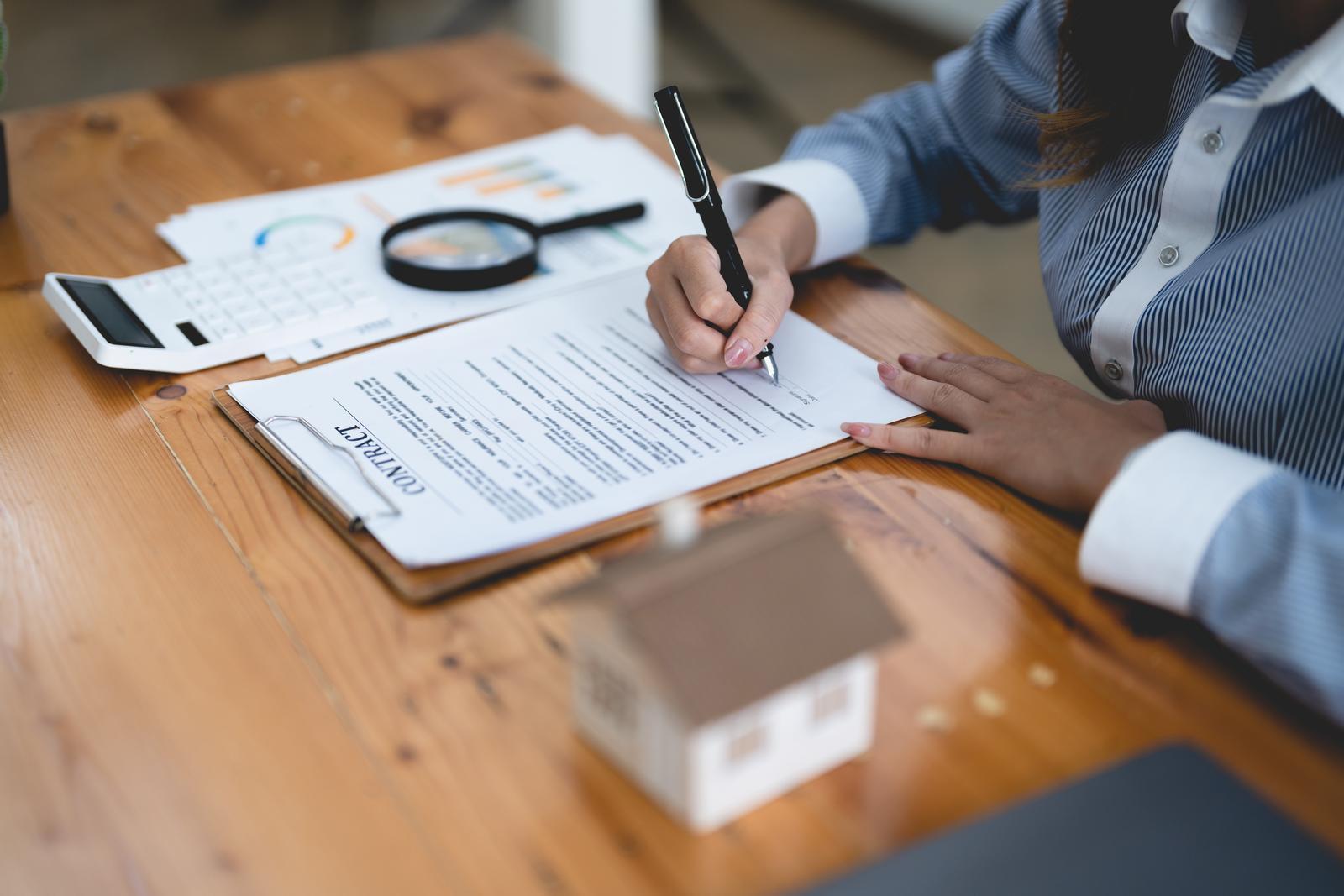Essential Documents You Need When Purchasing A Property
Many different little documents are all too easy to forget about with all the excitement or anxiety when purchasing a property, so here is a comprehensive list of all the documents you will need when buying a property

Proof Of Identity
By law, estate agents, lawyers and mortgage lenders are required to check your identity to prevent money laundering and fraud, making this one of the first sets of documents you should acquire. Proof of identity will also be required at several other stages during the transaction, such as when providing information on your source of funds
Proof of identity - passport, driving licence, EEA member state identity card
Proof of address - driving licence, bank or credit card statement, utility bill (no more than 3 months old)
Proof of source of funds - Last 3 months’ payslips, P60 form from the employer, tax return and other documents if you are self-employed
Insurance Policies
Despite not being a legal requirement, building insurance is often required by the mortgage lender so that if the building is damaged, then they are not left without collateral for the loan However, content insurance is not legally required or required by mortgage companies, but may
be a very good idea if you hold valuable possessions such as jewellery, electronics, furniture and others.
Survey
Although not a legal requirement, surveys may assist with any legal proceedings concerning your property and can help you find any problems with the property you are purchasing, which could lead to a price decrease to have funds left over to perform work on the property.
Documents Your Solicitor Should Provide
Stamp Duty Receipt
If you buy a property over a specific price (£250,000 as standard, £450,000 for first-time buyers) you will have to pay the Stamp Duty Land Tax (SDLT) This is typically handled by your Solicitor, and they will just have to give you the receipt.
Indemnity Insurance Certificate
Indemnity insurance is a protection policy sometimes purchased during the conveyancing process The insurance covers the cost of implications of a third party claiming any defects with the property you are about to buy For example, if the property seller cannot provide a building regulation certificate then your local authority may pursue a claim because now you don’t have the certificate once ownership has been transferred, the indemnity insurance would cover any costs that this would bring.
Energy Performance Certificate
The Energy Performance Certificate (EPC) must be included in the sale by law. This certificate will show how energy efficient the property is and an estimate of how much it will cost to power and heat it
Copy Of The Lease
If the property is leasehold then your solicitor should give you a copy of the lease and any service charge accounts or forecast.
Property Information Form
Also referred to as the TA6 form, the property information form is completed by the seller and contains lots of helpful practical information such as the location of the electric and gas meters, and the water stop cock and dictates who is responsible for any boundary fences
Fitting And Contents Form
The seller also fills out this form and dictates exactly what will be left in the property once the seller has vacated the property. Make sure to read this carefully as this will tell you whether the light fittings, curtains and floorings are included in the sale as well as garden plants and white goods
Title Deeds
In the modern day title deeds are becoming less of a thing because it is now all recorded digitally by the Land Registry However, you may still need a title deed if your property hasn’t been registered before. Regardless of if the property has been registered beforehand or not, you should still check with your solicitor to make sure that you are registered as the owner of the property, and your solicitor should provide you with a copy of the registered title showing as the “registered proprietor” sometime after the sale completion.
Report On Title
The solicitor’s report on the property title may be a useful document to keep handy as it will include a summary of the legal title and property search results
Warranty
For new build properties (a property under 10 years old) you should have a copy of your buildmark (NHBC) or other new home policy/warranty documents
Management Pack
If the property is leasehold or you own a share of the freehold then you may need to get a management information pack (sometimes known as a leasehold information pack).
Documents Required To Sell Your Property Guarantees
If you have any new appliances that are included in the sale, such as a boiler or oven, then the guarantees for those appliances should be handed over as well.
FENSA Certificates
If you have had a FENSA-approved workman perform double glazing within the past 10 years then you should hand over the certificate to prove that the windows comply with building regulations If you cannot find the certification or the installation wasn’t carried out by a FENSA-approved workman then you may need to pay for indemnity insurance for the new owner instead
Building Work Guarantees
If you’ve had building work such as a new roof or damp-proofing, you will need to give the new owners the guarantees, which will usually last for 10 years
Records Of Servicing
You will require a log of services for your boiler
Electrical Certificates
You will require a log of electrical work or rewiring
